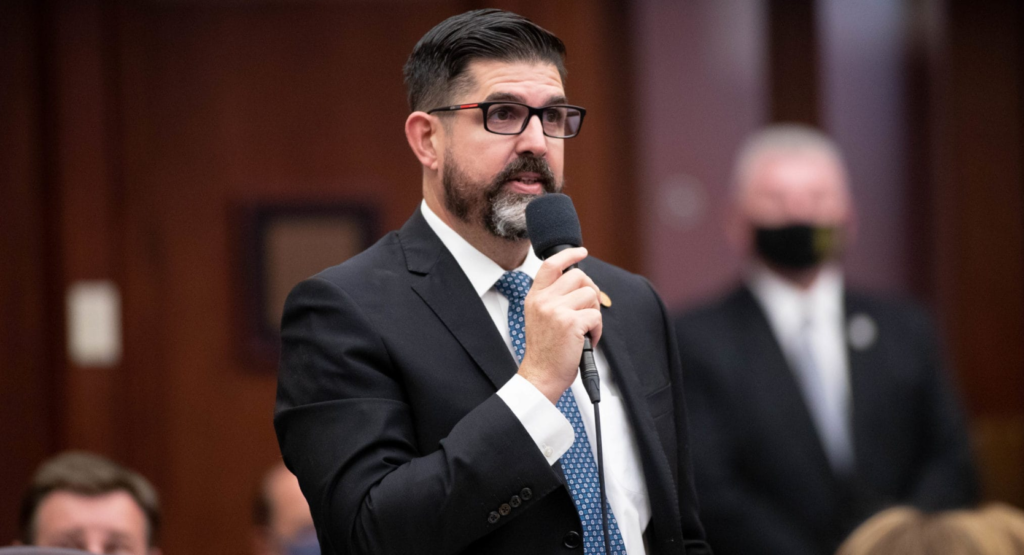
Senators on Thursday heard the House version of an education bill that would align and streamline the state’s K-12 scholarship programs. The move means the bill will be scheduled for a final vote either Friday or next week, the last one of the 2021 session.
If the Senate approves the bill, it will head to Gov. Ron DeSantis for his signature.
Sen. Manny Diaz Jr., R-Hialeah, who sponsored the Senate version of the bill, SB 48, agreed to substitute HB 7045, which would merge the state’s two scholarship programs for students with unique abilities, McKay and Gardiner, and combine them with the Family Empowerment Scholarship program approved in 2019.
One category of the Family Empowerment Scholarship would serve students with unique abilities and special needs while the other would continue to serve lower-income families.
The bill would leave intact the Florida Tax Credit Scholarship program, which is funded by corporate tax donations, and the Hope Scholarship program for students who have experienced bullying at their district schools. The bill would simplify eligibility requirements by aligning qualifying income levels of the Florida Tax Credit Scholarship with the Family Empowerment Scholarship. Each program currently has different income requirements.
The bill also would provide one-stop shopping for families by placing management of the Family Empowerment program under nonprofit scholarship organizations, which include Step Up For Students, host of this blog.
Under the bill, families currently receiving flexible spending dollars under the Gardiner program would continue to receive their scholarships as education savings accounts; McKay’s traditional scholarships would be converted to education savings accounts starting in the 2022-23 school year. Families currently participating in each program would receive whichever dollar amounts were higher, whether that was in current law or in HB 7045.
HB 7045 also would make it easier for lower-income families to qualify for their category of the Family Empowerment Scholarship program by eliminating a requirement that students attend a district school the previous year to qualify for the scholarship. That requirement resulted in some families whose incomes took a hit due to a tragedy or during the pandemic from being turned down for scholarships that would have helped them keep their children in their private schools.
The bill also would make more families eligible by raising household income limits to 375% of the federal poverty level for both the FTC and FES. That would allow a family of four whose income was just under $100,000 to qualify. However, the bill gives priority to families earning 185% of the federal poverty level, which totals slightly more than $49,000 for a family of four.
Diaz explained that 1.3 of the state’s 2.8 million students are at 185% of the federal poverty level.
“Because they have priority, they would be served first,” he said. Diaz said the 375% figure already is in line with current law.


